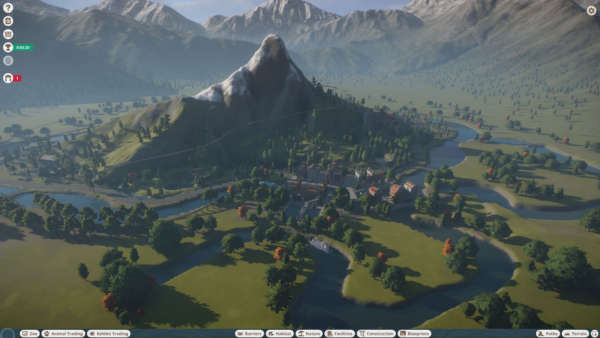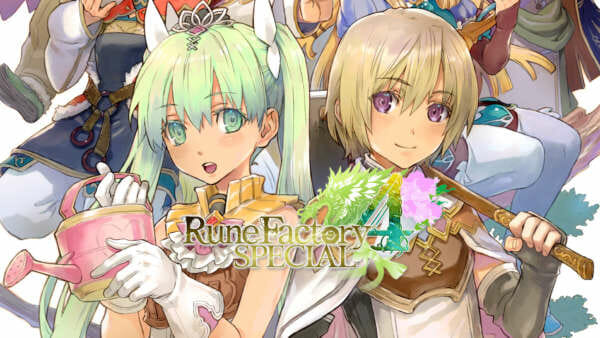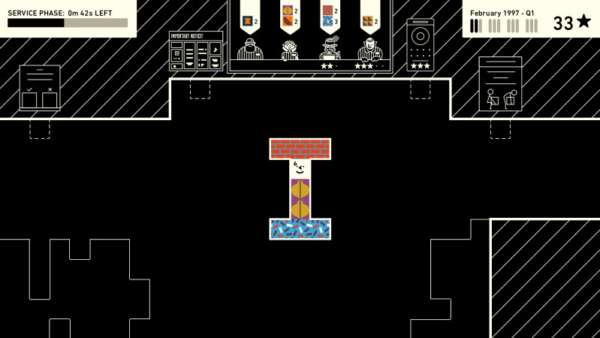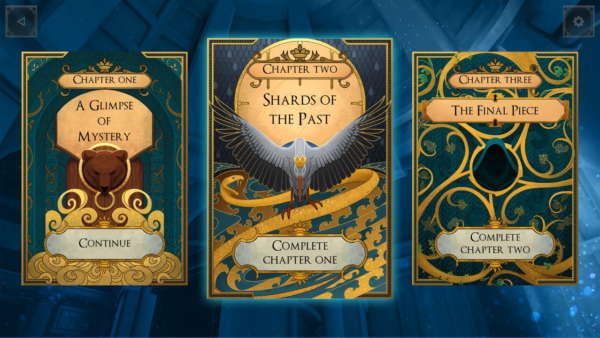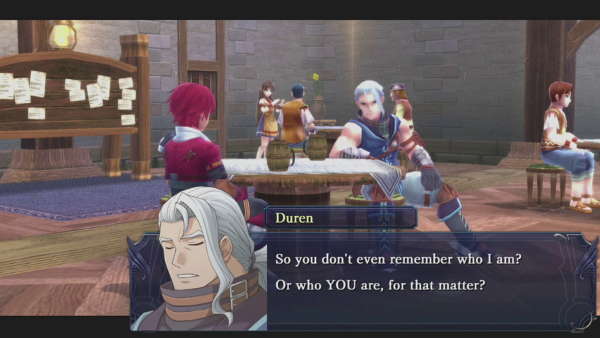Contrast is a game which oozes style from every pore. Noir visuals and a smooth jazz soundtrack do much to set this game apart from grey power-fantasy shooters and colourful indie hits. Letting you hop from a 3D platformer to a 2D side-scroller at a whim, Contrast has a lot going for it. Sadly it’s a case of style over substance, with shallow mechanics and rough visuals holding the game back from being anything more than a variety performance of under-developed ideas.
As the acrobat Dawn, you follow Didi, the young child of deadbeat dad Johnny and her lounge singer mon Kat. The story starts off strong, with you following Didi on a linear progression from location to location. Cut-scenes play out in silhouettes and jave more than a few touching moments. Themes of parenthood and being a father are treated with a heavy hand, but to the games credit, it is attempting something different. Things quickly take a turn downwards however, with the second act failing to develop at all and the third rushing to a quick conclusion. At times feeling both stretched out and too compact. Certain plot threads feel wrapped up far too quickly, while lesser ones are strung out for far too long.
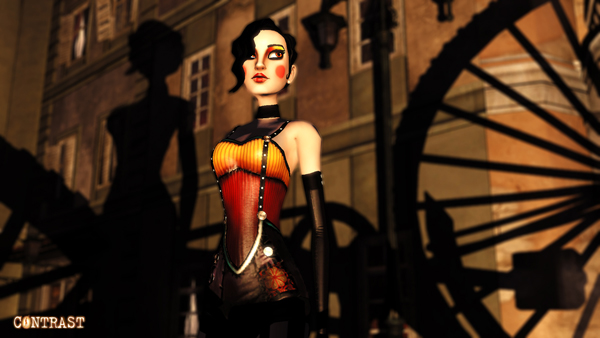
Dawn Remains Silent And Aloof Throughout
This isn’t helped by the games rail-roaded design. Being linear in and of itself isn’t bad, but when the game leads you by the nose from plot point to plot point, it works to the detriment of the atmosphere and gameplay. Contrast quickly falls into the pattern of new location, puzzle, plot point, repeat, blasting you through the hub-like streets of a surreal interpretation of Paris. When not trapped inside, the world is gorgeous, like a painting filled with bleeding colours and shadow. Additional collectables, known as Luminaries, can be hunted down around the environ and usually require a puzzle to get to. They aren’t challenging as the solution is usually straightforward, wasting the time spent in the wonderfully crafted setting and feeling like a cheap ploy to pad out the games already short three hour length.
The core mechanic of switching Dawn from 3D to shadow holds a good deal of promise, but by the beginning of the second act, you have seen all the game has to offer. You move quickly from light to shadow, flicking from solid to non-corporeal. Platforming is simple, and effective, but the controls are floaty and lack precision. The way both worlds interact with each other leads to some of Contrast’s best moments, phasing in and out the environment to create shadows to get to new places. Sometimes though this enjoyment is in spite of the controls and physics.
The biggest issue is that Compulsion Games didn’t realise the premises full potential until the very last set of puzzles. The last 20 minutes of the game feel much more complete than the rest o, weaving together the story, puzzles and platforming into a glorious whole. It is just disappointing that it takes the game so long to get to that point, only to have it ripped away from you as it reaches its crescendo.
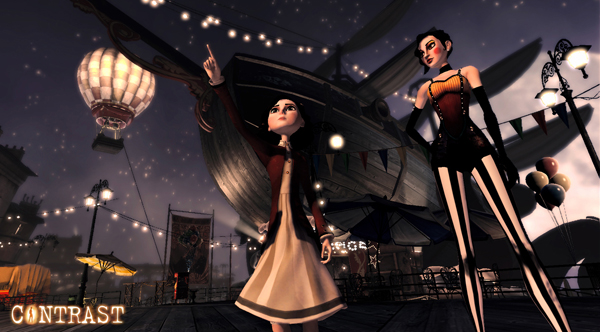
Didi And Dawn Make A Dynamic Duo, Albeit Slightly One Sided
Thankful highlights are the voice acting and the score. Music jumps between carnival and cabaret. Laura Ellis two tracks sound like they came from a smoky 1950’s piano bar, and are worth listening to in their own right. Teale Bishopric is well cast as the adolescent Didi, a role that could have otherwise been extremely annoying. Deus Ex: Human Revolution’s Elias Toufexis also lends his voice as the con man father figure Johnny, switching between slightly sleazy trickster and lovingly tender. It helps to sell a story told primarily through roughly animated silhouettes. Character models exude a large amount of personality, but the way they move looks jilted and alien.
Contrast is a game which had great potential, and falls short of the bar it has set itself. Both the story and the environment seem like a lost opportunity, and the gameplay is crying for more care and attention to perfect its core ideas. Even though they didn’t reach that mark, Compulsion Games at least did it trying to do something different. The tale is thoughtful and touches subject matter rarely seen in games. It feels two steps away from greatness, and perhaps, in another game, it could reach that point.
